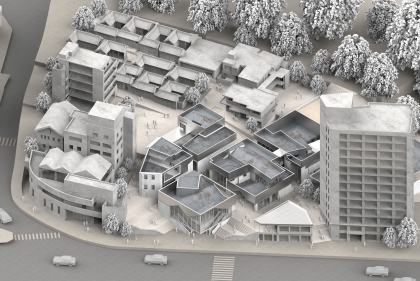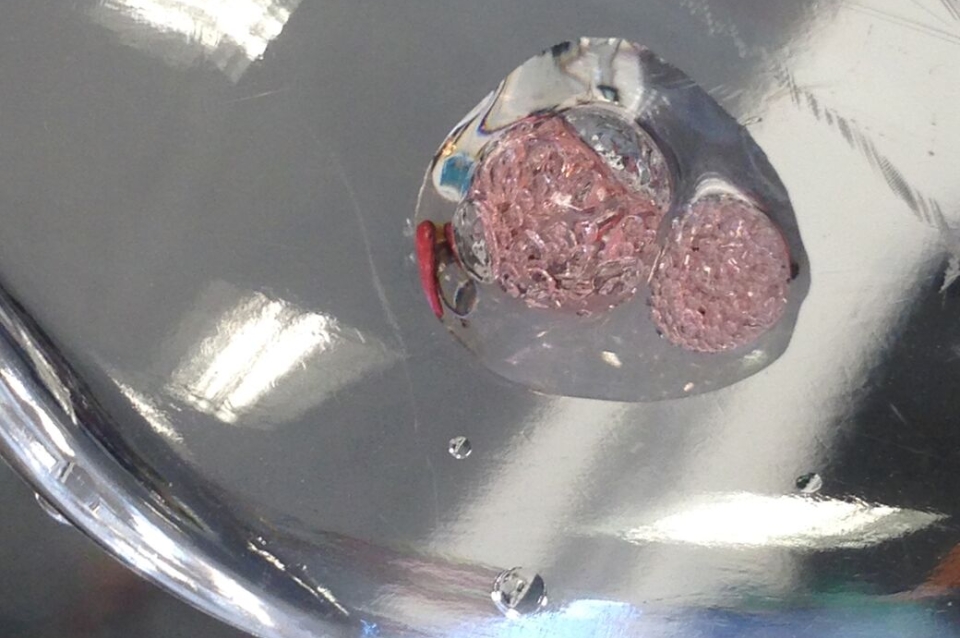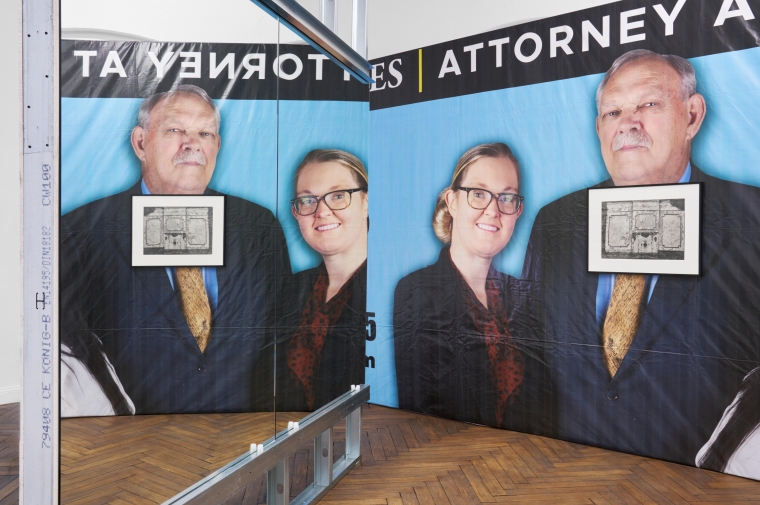August 7, 2015
Stuart Weitzman School of Design
102 Meyerson Hall
210 South 34th Street
Philadelphia, PA 19104
Get the latest Weitzman news in your Inbox
Areas
The interdisciplinary artist Orkan Telhan who is also an assistant professor of Fine Arts at University of Pennsylvania, has been chosen as the artist in residency for a six week programme at the Center for Fundamental Living Technology (FLinT), University of Southern Denmark. The art programme is initiated by Vienna based Biofaction and Orkan Telhan was chosen by an international jury. Orkan will be critically exploring bottom-up Synthetic Biology, its societal ramifications and cultural aspects, and to help envision the potential long-term changes Synthetic Biology might bring to society, through the lens of an artist.
The two-part, six week long residency will be concluded in the fall of 2015. The artist will actively engage with the scientists while working on a Synthetic Biology related artwork.
Orkan Telhan is an interdisciplinary artist, designer and researcher whose investigations focus on the design of interrogative objects, interfaces, and media, engaging with critical issues in social, cultural, and environmental responsibility. (http://www.orkantelhan.com). Telhan visited the FLinT lab briefly in May and has since then formulated his goals for the residency:
“During this residency, I am interested working with food as a common framework that lies at the intersection of society, culture, economy and scientific research. I would like to reflect on the evolution of taste in a resource limited planet where there is not enough food for everyone on board and what we choose to eat has far reaching implications to all living. After all human taste has been one of the strongest selective markers in evolution and resulted in the extinction of many plants and animals. Food inequality is another problem. Today, emerging nations are suggested to eat sugar coated ants, worms, or insects to solve their protein needs, whereas the so-called developed countries are wiping out the endangered fauna and flora in catastrophic speed. Well, because they can. However, I prefer to be a little more imaginative and optimistic about future. Instead of lamenting on sad perspectives, I would like to use this opportunity to work together with scientists at University of Southern Denmark to develop new kinds of food and dishes that can help us re-imagine taste in light of artificial life, synthetic chemistry and biology research.“


 Expand Image
Expand Image

